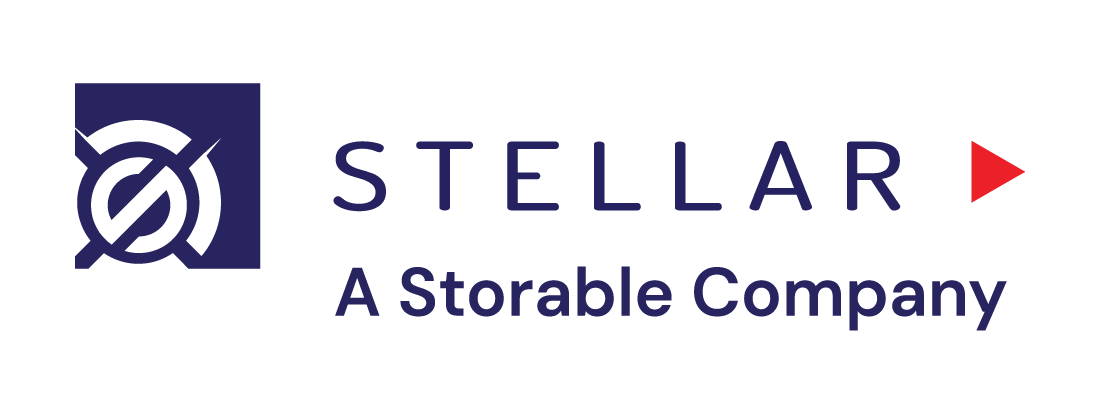What was once a business built on slips and fuel is now a hospitality-driven, tech-enabled experience industry. In our recent Navigating the Future of Marinas webinar, VP of Sales and Service, Brent Wiersen of Storable Marine spoke to special guest Tara Dwyer, VP of Portfolio Operations at Blue Harbor Management, about how marinas can adapt to thrive in the modern marina landscape.
Don’t have time to watch the full webinar replay? We got you. Here are the 5 key takeaways:
1. Digital Expectations Are the New Standard
Did you know more than 70% of guests prefer to book online, and a growing share are doing so outside normal business hours? That’s because many people are searching and booking marinas on their mobile devices and after their own office hours.
But beyond just booking, over half of visitors expect a digital check-in process, often without needing staff assistance. This not only keeps customers happy, but also alleviates your staff’s workload.
Text communication, real-time reviews, and personalized digital experiences are quickly moving from “nice-to-have” → “must-have.” It’s time to meet your guests where they are — online, mobile, and self-service. You’ll be better positioned to capture bookings and build loyalty.
Want more in-depth data into consumer preferences? Watch here.
2. From Slips to Experiences
Marinas are becoming destinations for both locals and out-of-town guests, alike. As Tara put it, “They’re not just a place to keep your boat anymore. They’re a place to build memories.”
That shift is being driven in part by younger generations, who bring a completely new set of expectations to boating. They’re looking for value, flexibility, and digital convenience, and they want marinas to offer more than just a slip.
Across the industry, forward-thinking operators are adding food and beverage offerings, and hosting concerts and seasonal events to transform their properties into year-round hubs. Operators are finding ways to engage customers even in the offseason — whether that’s a winter holiday pop-up or a summer festival. You’ve got a gorgeous waterfront property, it’s time to start leveraging it!
3. Building Community Is a Competitive Advantage
Community is one of the most powerful ways marinas can differentiate themselves. Tara emphasized that marinas aren’t just competing with each other anymore — they’re competing with every other way people might spend their weekends. And those ways usually revolve around shared experiences.
Some of the most creative examples from Blue Harbor’s portfolio include:
- Sock burning ceremonies to celebrate the start of boating season
- Kids’ fishing tournaments that draw hundreds of families from the local community
- Tailgate Saturdays during football season, complete with themed patios and big-screen TVs
- Fall festivals, haunted house boats, and Christmas parades that keep guests engaged all year
Each of these events helps build a sense of belonging and connection — turning casual visitors into long-term customers and brand advocates.
4. Your Staff Makes the Difference
Behind every great marina experience is a great team. Tara stressed that hiring for customer service mindset (not just technical skill) is critical. Some of her strongest team members have come from hospitality and retail roles where guest interaction is second nature.
She also shared a few best practices for building a strong staff culture:
- Hire for attitude and service first because technical skills can be learned.
- Use scenario-based questions in interviews to see how candidates engage with guests.
- Empower staff to make decisions on the spot within clear guidelines.
- Give team members ownership over marina events that match their strengths.
- Foster mentorship networks across properties to share ideas and maintain consistency.
5. Scaling Successfully Requires Systems & Flexibility
For aspiring enterprise operators, Tara offered one key piece of advice: think about your systems early. Standardizing core processes and technology is essential if you plan to grow beyond a few locations.
But don’t worry…standardization doesn’t mean rigidity. The most successful operators pair systems with flexibility. For example, a corporate office might set pricing strategies while local managers have discretion over discounts — ensuring both financial control and responsiveness to unique market conditions.
Looking forward
The takeaway from the webinar was clear: marinas that want to succeed in the next decade must evolve from service providers to experience creators.
That means embracing technology, designing properties as destinations, fostering strong communities, investing in people, and building scalable systems.
As Tara put it, “We’re not just in the business of docks and fuel anymore. We’re in the business of experiences.”
Want to hear the full conversation and dive deeper into data insights and strategies?
👉 Watch the webinar recording here.


